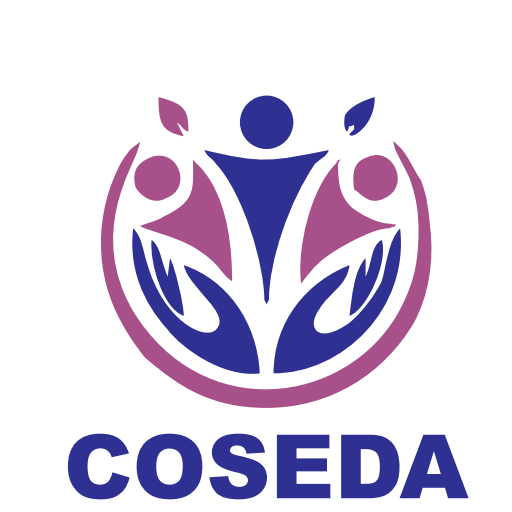The project geographical coverage is Tonj East and the project date will be as from July 1st 2024 and end on June 30th 2025.
In South Sudan, maternal and child health outcomes are among the poorest globally, with severe consequences for both mothers and children. The maternal mortality rate (MMR) remains one of the world’s highest at more than I ,223 deaths per 100,000 live births (due mostly to postpartum hemorrhage (16 per cent of cases), obstructed/prolonged labor (13,3 per cent) and antepartum hemorrhage (12.9 per cent). Neonatal and child mortality rates remain alarmingly high, with 40% of under-five deaths occurring within the first month of life. The causes of these high mortality rates are multifaceted and include complications during pregnancy, childbirth, and the immediate postnatal period, as well as inadequate access to essential healthcare services and interventions
The implementation of this project is expected to address some of the key barriers to health care in Tonj East. Through Co-location and integration of COSEDA staff at the SM0H and CHD, will be direct transfer of skills and knowledge while building local capacity for sustainability. The SM0H and CHD led planning, joint monitoring and evaluation would improve efficiency, effectiveness of fund utilization, consolidate management and monitoring the intervention will also take advantage of the immense COSEDA experience, expertise and strategies gained from COVID-19 direct implementation through the CHDs in 18 counties across South Sudan. COSEDA effectively supported planning and last mile delivery of vaccines and supplies, strengthened monitoring, and consistent supervision.




